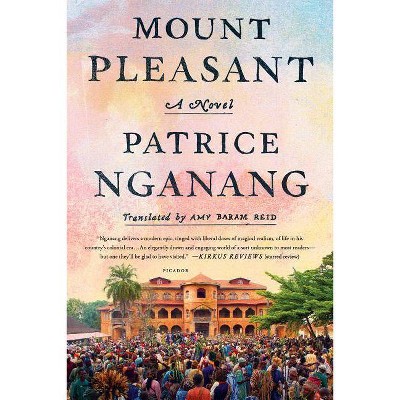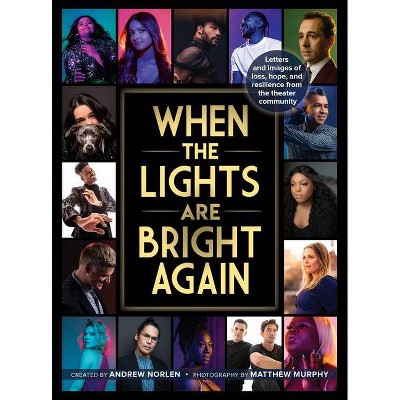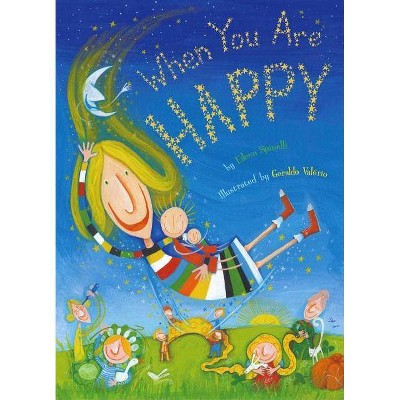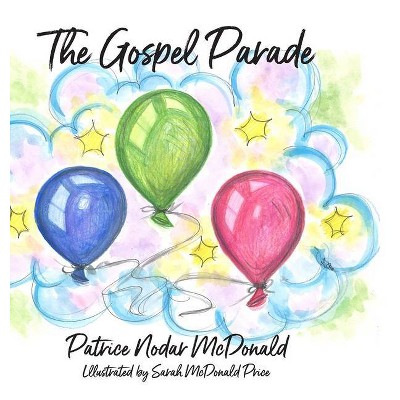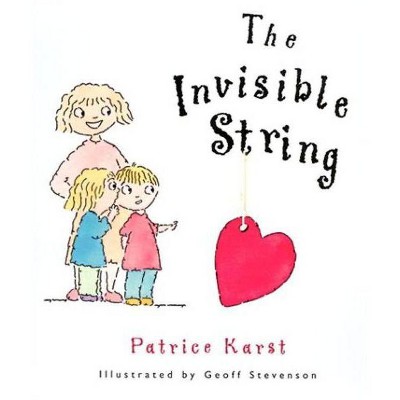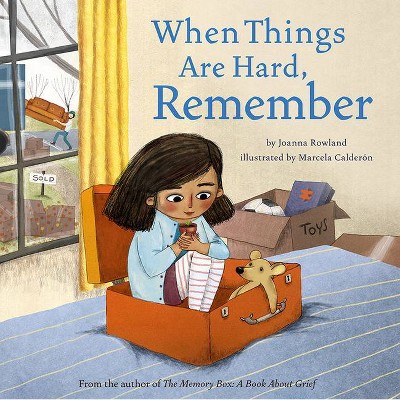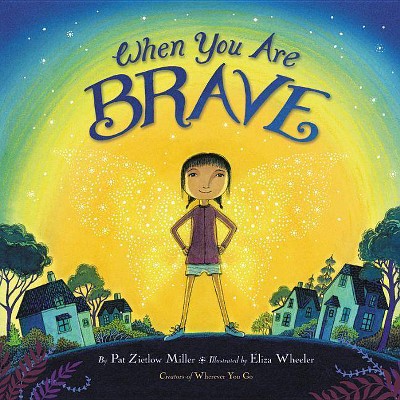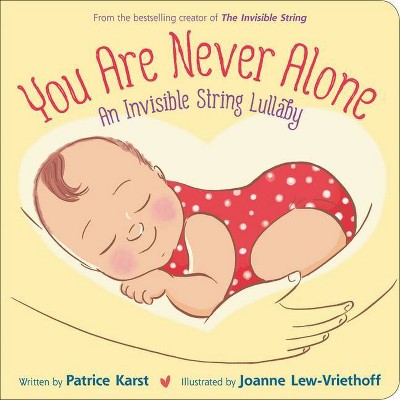When the Plums Are Ripe - by Patrice Nganang (Hardcover)
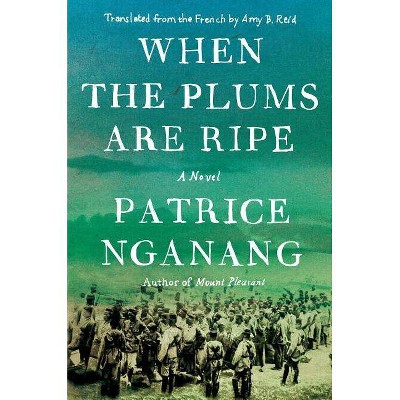
Similar Products
Products of same category from the store
AllProduct info
<p/><br></br><p><b> Book Synopsis </b></p></br></br><p><b>The second volume in a magisterial trilogy, the story of Cameroon caught between empires during World War II</b> <p/>In Cameroon, plum season is a highly anticipated time of year. But for the narrator of <i>When the Plums Are Ripe</i>, the poet Pouka, the season reminds him of the "time when our country had discovered the root not so much of its own violence as that of the world's own, and, in response, had thrown its sons who at that time were called Senegalese infantrymen into the desert, just as in the evenings the sellers throw all their still-unsold plums into the embers." In this novel of radiant lyricism, Patrice Nganang recounts the story of Cameroon's forced entry into World War II, and in the process complicates our own understanding of that globe-spanning conflict. After the fall of France in 1940, Cameroon found itself caught between Vichy and the Free French at a time when growing nationalism advised allegiance to neither regime, and was ultimately dragged into fighting throughout North Africa on behalf of the Allies. <p/>Moving from Pouka's story to the campaigns of the French general Leclerc and the battles of Kufra and Murzuk, Nganang questions the colonial record and recenters African perspectives at the heart of Cameroon's national history, all the while writing with wit and panache. <i>When the Plums Are Ripe</i> is a brilliantly crafted, politically charged epic that challenges not only the legacies of colonialism but the intersections of language, authority, and history itself.</p><p/><br></br><p><b> Review Quotes </b></p></br></br><br><p><b>A Library Journal Best Book of 2019</b> <p/>"Nganang's second novel (after 2016's <i>Mount Pleasant</i>) in a trilogy about Cameroon takes place as the nation is forced into World War II and caught between Vichy and the Free French. The plot and action are matched by the author's powerful take on the damage colonialism inflicts for generations." --<b>Bethanne Patrick, <i>The Washington Post</i></b> <p/>"What happens to a colony when its colonizer becomes colonized itself? That's the questioned underlying [<i>When the Plums Are Ripe</i>] . . . [A] richly detailed novel . . . A brilliant, beguiling story." --<b><i>Kirkus Reviews</i> (starred review)</b> <p/>"Nganang is a political force whose experiences in Cameroon inform every page of this novel . . . For those who appreciate how fiction illuminates history, [<i>When the Plums Are Ripe</i>] will be an eye-opener." <b>--</b><b><i>Library Journal</i></b> <p/>"Nganang continues his rich, complex saga of WWII-era Cameroon with this second volume in a trilogy . . . [<i>When the Plums Are Ripe</i>] confronts the horrible history of French colonialism: the French's use of 'black soldiers for cannon fodder' in fighting the Axis powers . . . With a narrative structure reminiscent of African oral traditions, an unknown narrator heralds . . . the young men who shed their blood for a Western country and the young women left behind . . . With lyrical, soaring prose, Nganang sings their song, challenging the Euro-written history of colonialism and replacing it with a much-needed African one." --<b><i>Publishers Weekly</i></b></p><br><p/><br></br><p><b> About the Author </b></p></br></br><p><b>Patrice Nganang</b> was born in Cameroon and is a novelist, poet, and essayist. His novel <i>Temps de chien </i>received the Prix Marguerite Yourcenar and the Grand prix littéraire d'Afrique noire. He is also the author of <i>La Joie de vivre</i> and <i>L'Invention d'un beau regard</i>. He teaches comparative literature at Stony Brook University. <p/><b>Amy Baram Reid </b>is a professor of French language and literature at New College of Florida. In 2016, she received a National Endowment for the Arts Literature Translation Fellowship for <i>When the Plums Are Ripe</i>.</p>
Price History
Price Archive shows prices from various stores, lets you see history and find the cheapest. There is no actual sale on the website. For all support, inquiry and suggestion messagescommunication@pricearchive.us
